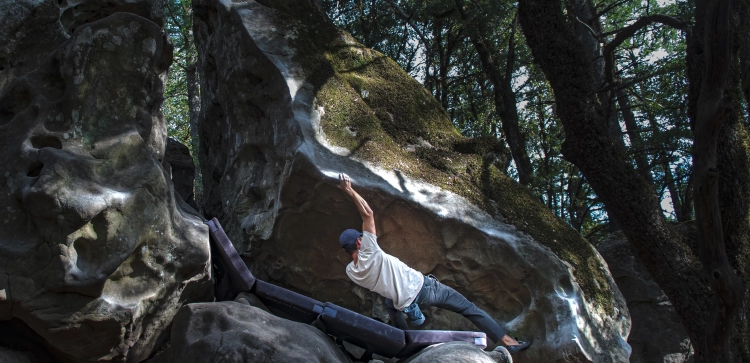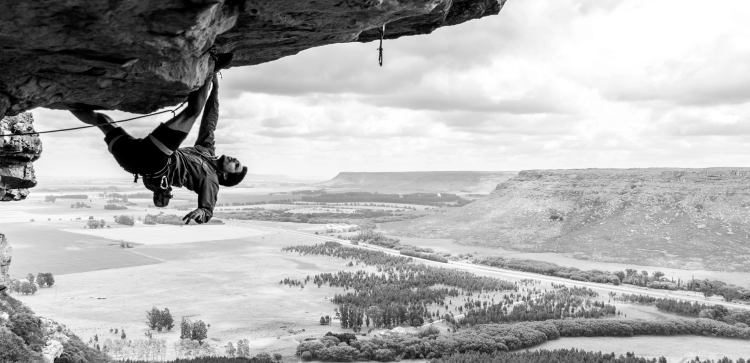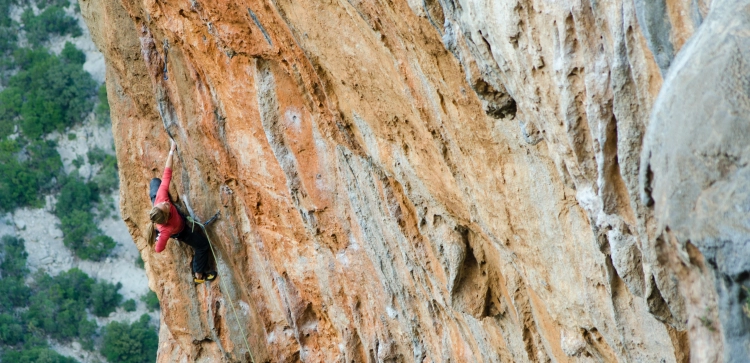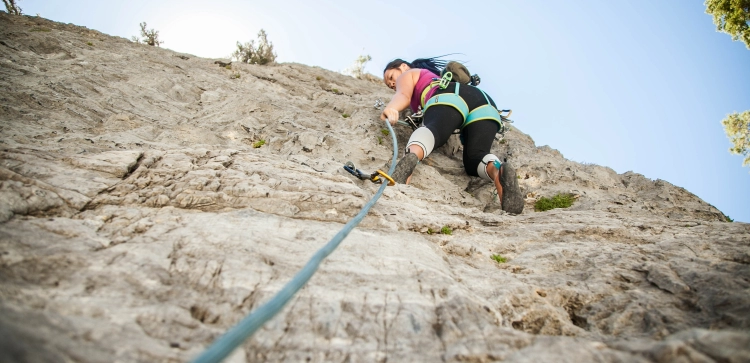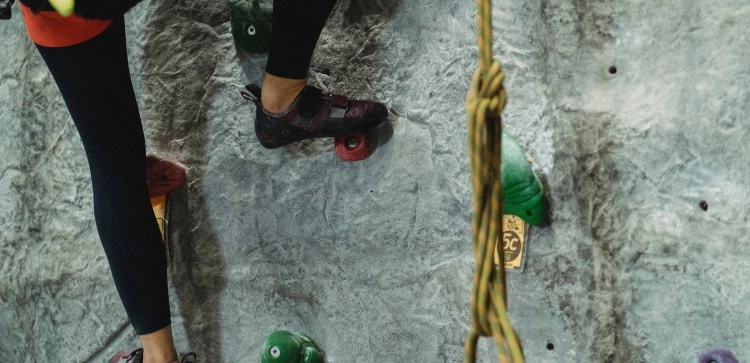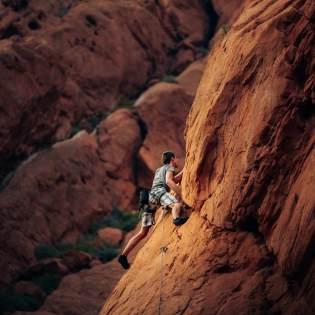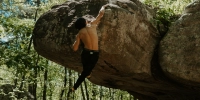How Do You Manage Fear Of Falling While Climbing?

Climbing is a thrilling sport that challenges both body and mind. However, for many climbers, the fear of falling can be a significant mental hurdle that affects their performance and enjoyment, and can even prevent them from climbing. If you've ever found yourself hesitating on a climbing route, or worrying about the consequences of a fall, you're not alone. The fear of falling is common, but it's also conquerable. In this guide, we'll explore strategies and techniques to help you manage and overcome the fear of falling, so you can climb with confidence and push your limits.
Why Fear of Falling Exists:
The fear of falling is a natural human instinct, a survival mechanism that keeps us safe. It's your brain's way of protecting you from potential harm.
Fears Impact on Climbing Performance:
The fear of falling can hinder your climbing performance by causing hesitation, anxiety, and over-gripping holds. It can also limit your ability to take risks and attempt more challenging routes.
The reduced amount of commitment in each move due to fear can cause climbers to lose their grips, fall, and even get injured, especially during dynamic movements where climbers usually experience the most fear.
Practical Exercises and Strategies
Getting over fear is not easy in any way, but luckily, there are a few methods that can help relieve some of that fear. Reducing some of the initial fear, even just enough to allow yourself to get on the wall, can help by giving you the confidence to start getting used to that which causes the fear.
Visualization Techniques:
Route visualization involves mentally rehearsing a successful climb without the fear of falling. This can help desensitize your mind to the fear and boost your confidence.
Controlled Falls:
Practice controlled falls in a safe environment, such as on a top rope. Gradually increase the height and exposure, so you become more comfortable with the sensation of falling.
Breathing and Relaxation:
Deep breathing and relaxation techniques can calm your nerves and reduce anxiety. Focus on your breath during climbs to stay grounded.
Mental Strategies
Goal Setting:
Set achievable climbing goals that involve controlled exposure to falling. Celebrate small victories along the way to build confidence. Don't set goals that are too unrealistic, otherwise, they can have a negative impact on your confidence if you don't achieve them. Start out small, and as you gain more confidence and experience, set larger goals.
Positive Self-Talk:
Replace negative thoughts with positive affirmations. Remind yourself of your abilities and past successes. Don't let negative past experiences weigh you down and prevent you from feeling confident in whatever it is you are doing.
Mindfulness:
Practice mindfulness on and off the climbing wall. Being present in the moment can help reduce fear and anxiety.
Personal Insights
As mainly a boulderer, and rarely a sport climber, I have a terrible fear of heights. Whether I am on an auto belay, or being belayed by my best friend with years of experience, I get anxiety before, during, and even after the climb. What I found helped me the most in overcoming this is to push through the fear and to do it as often as I could.
I always made sure everything was as safe as it could be, as one of the main fears I had was that I was not securely tied in, and once I was sure, I just pushed myself to get on the wall.
The first few times were rough, but as I did it more and more, even doing it 3-4 times per week, the fear slowly went away, and I became confident and was able to push myself physically, rather than having to deal with the mental block from my fear.
Conclusion
The fear of falling is a challenge that many climbers face, but it doesn't have to hold you back. By understanding the origins of this fear, practicing practical exercises, and adopting mental strategies, you can manage and ultimately conquer it. Climbing is not just about reaching the top; it's about the journey, the growth, and the satisfaction of pushing your boundaries.
As you continue your climbing journey, remember that fear is a natural part of the process. Embrace it as an opportunity for growth, and celebrate each step you take in managing it. Over time, you'll find that the fear of falling becomes a distant memory, replaced by the exhilaration of climbing higher and reaching new heights.
So, the next time you tie in and start your ascent, do so with the confidence that you have the tools to manage your fear and enjoy the adventure that climbing has to offer.

